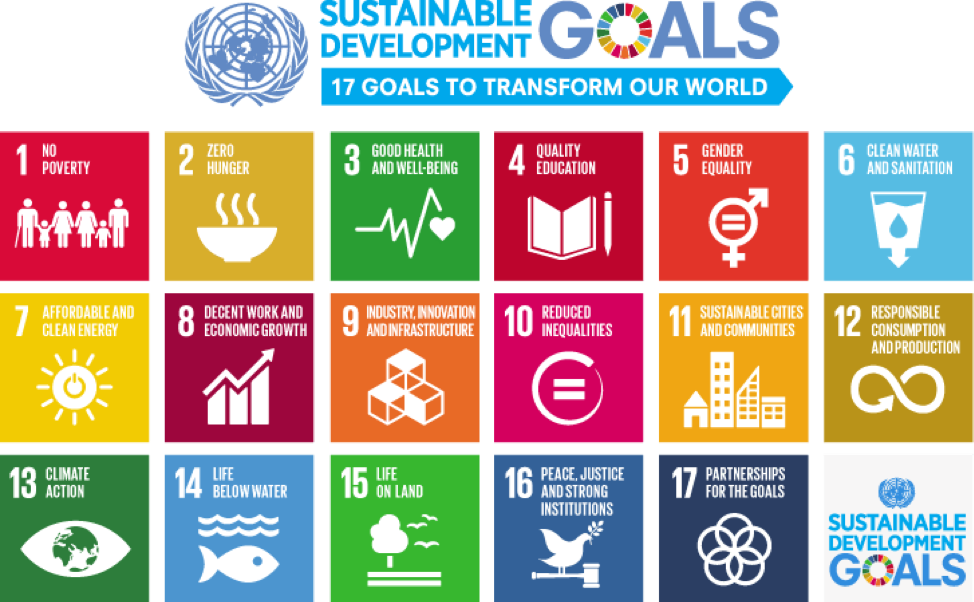Rev. Cameron Trimble
I was recently guiding consulting work with a company in New York working in the health and wellness sector. We had reached the stage where we were conducting a review of the impact they were making as it related to their mission. They want to be a company that “does well by doing good” in the world. I admire their commitment to the common good.
As we looked at their products and programs, considering the ways they both helped and hurt people and the planet, I found myself remembering conversations we have in our congregations as we struggle to know what to measure. We know that measuring attendance and giving are still important, but they don’t show us the full picture. More to the point, they don’t inspire us to dream of a better world.

We need a new framework for measuring ministry. We need a larger, collaborative vision for the difference we want to make in our communities and how our collective impact brings that vision into reality.
To find this framework, I don’t think we need to look very far.
This company in NY and others in their sector use the Sustainable Development Goals published by the United Nations as their framework for measuring impact. They understand that the difference they make each day is amplified by others working in alignment with a larger, shared vision.
When the executives at the company surveyed their employees a few years ago, they learned that while earning a salary was important to their team, making the world a better place was AS IMPORTANT. To remain satisfied with their jobs, their employees needed to know that their work in this company was contributing to a more just world for all.
I think that’s true for our church members as well. People attend church with two deep desires: to become more loving people and to create a more loving world. Creating a more loving world is not flowery language. It requires real strategy, large-scale vision and grassroots mobilizing. Critically, it requires we work together with other faith communities, companies, law enforcement, government, education, and NGOs to make any scaled impact. We are all in this together.
I’d like to suggest to congregational leaders that we adopt the Sustainable Development Goals as our collective framework and then decide what each congregation can do to contribute. Your church doesn’t need to take on ALL the goals. In fact, it shouldn’t. Pick a goal or two that align with your vision and programs. Perhaps create some inspired by new ideas you gain from looking at these goals. Then get to work, creating a just world for all in collaboration with a growing network of people committed to a world that serves the common good.
If you need help, call us. We would love to help.



